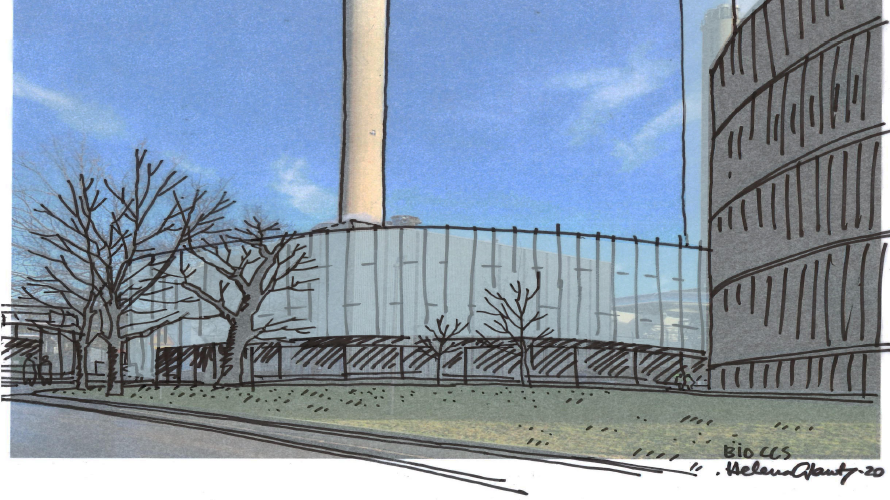At Stockholm Exergi, we no longer see any technical barriers to implementing bio-CCS on an industrial scale. The research facility that my colleagues and I manage has shown that the technology works and is scaleable. What is needed are business models in combination with political instruments that provide the correct incentives to build bio-CCS on a large scale.
The UN’s climate panel has stated that technology to create carbon dioxide sinks, which absorb carbon dioxide from the atmosphere and create negative emissions, are needed to counteract emissions that society, for one reason or another, are unable to reduce to zero. Sweden and a few other countries have totally unique conditions to achieve this because we have the potential to go beyond our own national need for negative emissions. As a result, negative emissions could become an export industry that produces revenue of up to 30 billion SEK per year. This means that in addition to contributing to the global 1.5 degree target, Sweden could achieve its own climate goals, increase Swedish industry’s competitiveness and build up an entirely new export business.
It costs a lot of money to build and run a bio-CCS facility, even though the technology is extremely cost-effective when you look at the amount of captured and stored CO2 per SEK. This can sound contradictory, but it’s simple: bio-CCS can build up a fairly large amount of captured carbon dioxide in a short amount of time.
The price for emission rights today is approximately 400 SEK per ton – lower than the approximately 1 000 SEK per ton that it costs to create negative emissions using bio-CCS. At the same time, the emission trade in the EU only covers half of the emissions that are made. Outside of the so-called trading sector (the part covered by emission trades), emissions are being reduced at a cost of 2 000-3 000 SEK. Put simply, certain alternatives to reduce emissions are ineffective, or less effective, when looking at the reduced amount of CO2 per SEK.
Negative emissions could, over time, become a meaningful revenue source for the bio-energy sector in the Nordics to counteract these expensive remaining emissions. However, just like with other great technological advances, new financing models and market solutions are needed to launch the future bio-CCS industry in Sweden.
Spreading this message to new audiences
I had the pleasure of talking about how bio-CCS could become a competitive advantage for Swedish industry on the Avanza podcast, which mainly focuses on the economy and is therefore an important new audience for us. The podcast and its listeners were interested in learning more about carbon capture and they contacted me as an expert and researcher in this area. (In addition to working at Stockholm Exergi I am a researcher in industrial economy at the Swedish Royal Institute of Technology.) What was unique about their request, compared to other audiences, was that they wanted to talk about financing issues – something that I work a lot with and that is central to implementing bio-CCS in Sweden. You can listen to it here (in Swedish).

